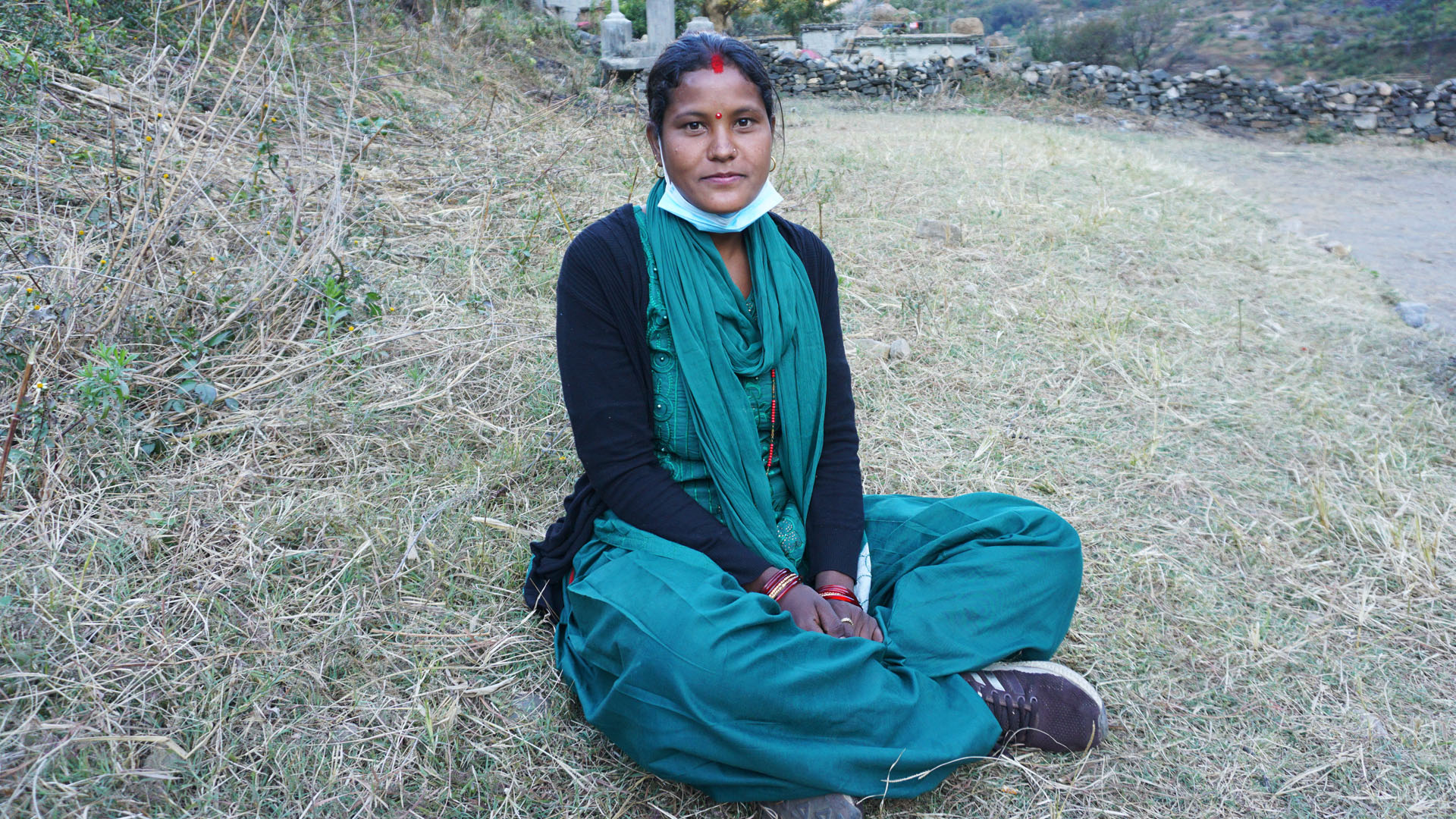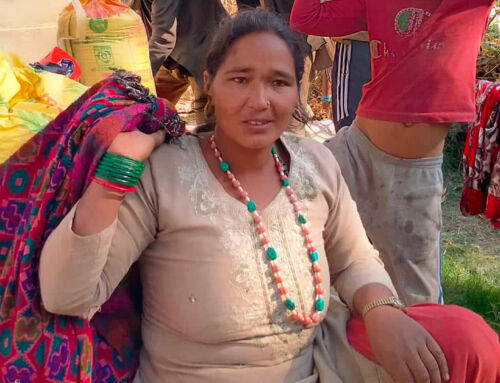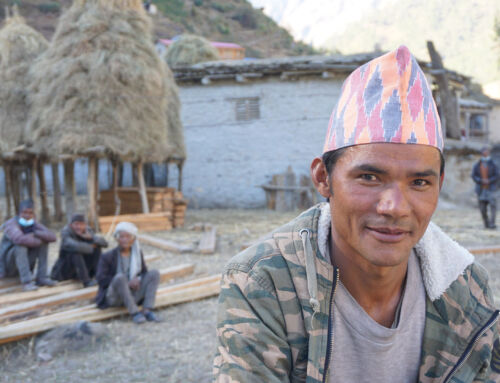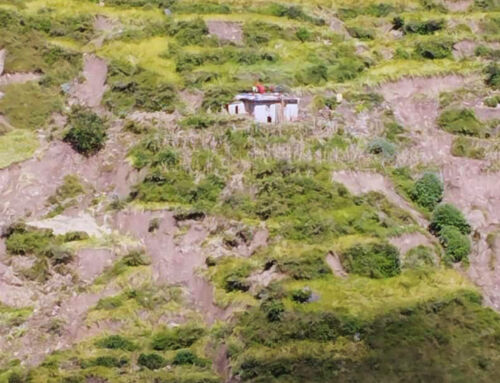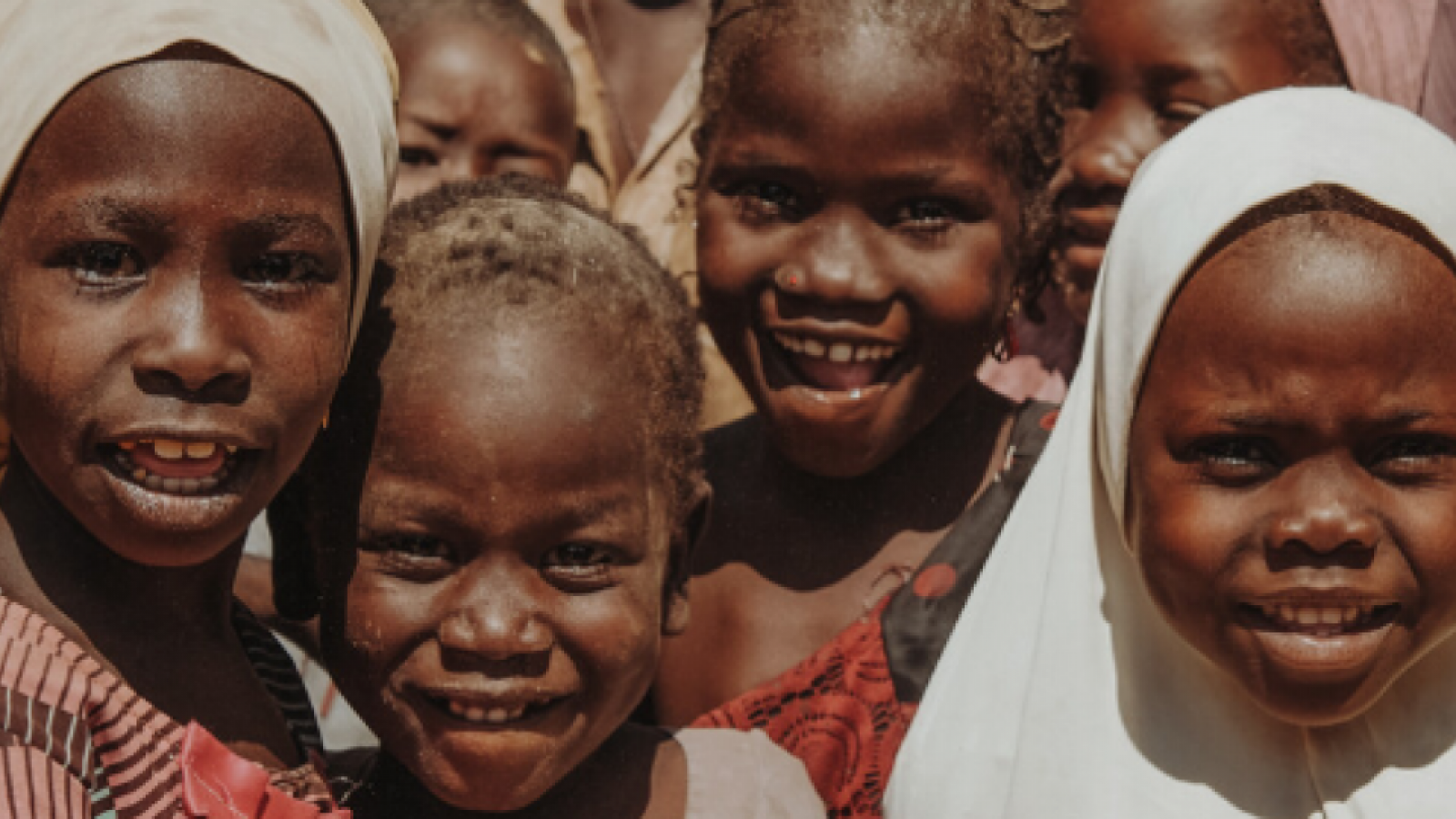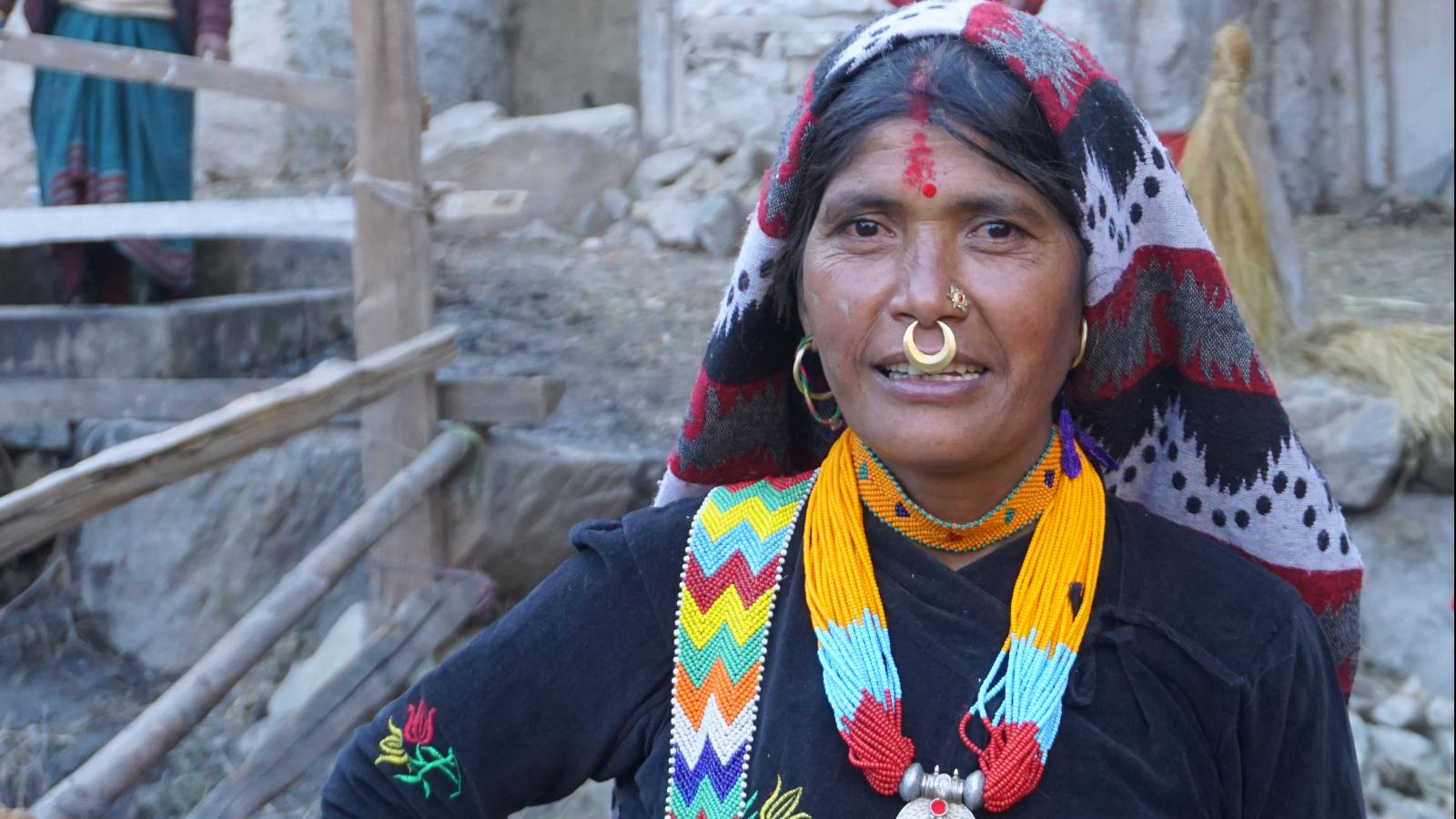Lalkaura was bullied because of her disability. But a self-help group gave her the knowledge and courage to protest and teach about human rights in the village. “All people have dignity,” she says.
Discrimination is common in traditional societies such as the Nepalese. Women are often referred to hard housework. And people with disabilities are often bullied.
Lalkaura is both. But by joining one of Mission East’s women’s groups, she has become aware of her rights and has gained so much self-esteem that she now teaches others in the village and protests every time someone speaks badly to her.
“It is important to share the knowledge I have gained with others. People with disabilities should be treated with respect and dignity. Like everyone else. All people have dignity,” she says when Mission East visits her in the town of Sarkegad in the poor Karnali province.
“Before we were called ugly things”
Lalkaura is 23 years old and lives in Sarkegad with her husband and 1-year-old daughter. Both Lalkaura and her husband are unemployed, so they depend on living with Lalkaura’s in-laws. Lalkaura has a disability, as one of her legs is slightly shorter than the other. She has been part of a group for people with disabilities for two years.
“Before, we were called ugly things. As a disabled person, you get upset when other people talk badly about you. It has changed after I explained to people in the village that we also have feelings and can get upset, just like everyone else,” she says
Now she gets free schooling
Prior to joining the group, Lalkaura did not know her rights as a person with a disability – even though she had received a card from the government giving her access to additional benefits from the government.
The benefits for people with disabilities in Nepal are divided into four levels depending on how severe a disability you have, and go from category A, which is the most severely disabled, to group D. Lalkaura belongs to group D, which means that she has access to free schooling and gets a discount on transportation. She now knows that, after joining the group.
Dialogue with authorities works
Today, she helps other people with disabilities to learn about their rights and get registered so they can receive their disability card.
The group has also spoken to local authorities about improving conditions for people with disabilities. As a result, people with disabilities now have free access to the local health clinic and do not have to pay to go to school or to exams.
Mission East has been working in Nepal since 2007 and supports, among other things, a dozen self-help groups for women, young people, those interested in agriculture and people with disabilities.

